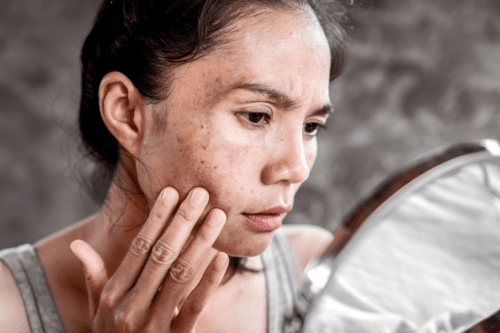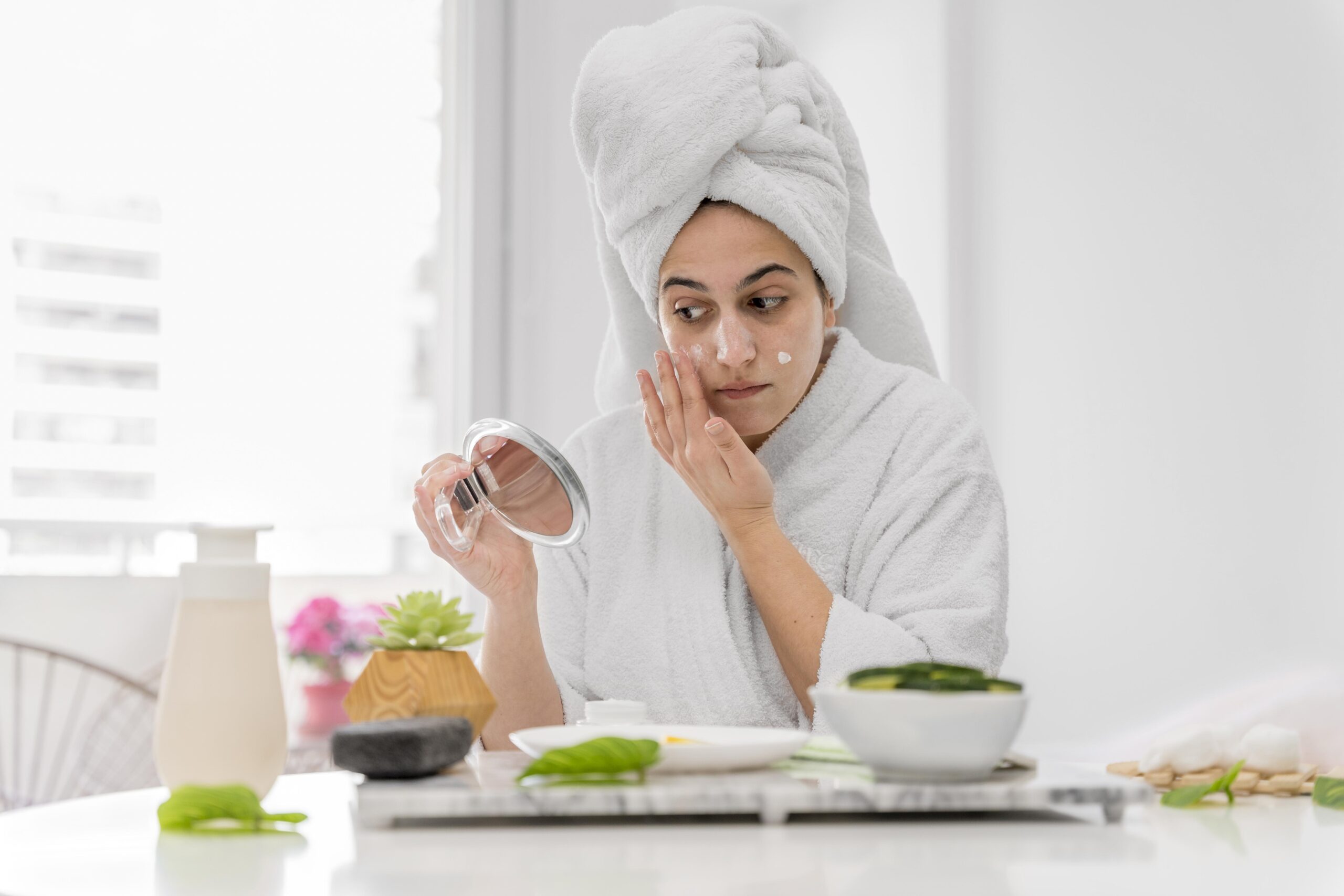The skin, being the largest organ of the body, serves as a protective barrier against external elements, preventing water loss and shielding the body from harmful microorganisms and environmental stressors. However, this barrier is not impervious and can become compromised, leading to various skin issues. In this article, we’ll delve into the signs of a damaged skin barrier and how to effectively protect your skin for optimal health and appearance.
Understanding the Skin Barrier
Before we delve into the signs of a damaged skin barrier, it’s crucial to understand what the skin barrier is and its significance. The skin barrier, also known as the stratum corneum, consists of lipids, proteins, and corneocytes that form a protective layer on the skin’s surface. It acts as a shield, regulating moisture levels and preventing harmful substances from penetrating the skin.
Importance of a Healthy Skin Barrier
A healthy skin barrier is essential for maintaining skin health and preventing various dermatological issues. When the skin barrier is intact, it retains moisture, keeping the skin hydrated and supple. Additionally, it protects against environmental aggressors, such as UV radiation, pollution, and harsh weather conditions. A compromised skin barrier, on the other hand, can lead to dryness, sensitivity, inflammation, and accelerated aging.
Also Read This – Which Skin Tone is most Attractive?
Signs of a Damaged Skin Barrier
- Dryness and Dehydration: One of the primary indicators of a damaged skin barrier is dry, dehydrated skin. A compromised barrier fails to retain moisture, resulting in tightness and rough texture.
- Redness and Inflammation: Inflammation is a common response to skin barrier damage, leading to redness, irritation, and sensitivity.
- Itchiness and Irritation: A weakened skin barrier can cause itching and irritation, making the skin feel uncomfortable and sensitive.
- Sensitivity to Skincare Products: Individuals with a damaged skin barrier may experience heightened sensitivity to skincare products, leading to stinging, burning, or adverse reactions.
- Breakouts and Acne: A compromised skin barrier can disrupt the skin’s natural balance, leading to breakouts and acne flare-ups.
- Increased Sensitivity to Environmental Factors: Environmental factors such as sun exposure, pollution, and harsh weather can exacerbate skin barrier damage, leading to increased sensitivity and susceptibility to skin issues.
- Flakiness and Rough Texture: As the skin barrier becomes compromised, it may lose its smooth texture, appearing flaky and rough to the touch.
- Tightness and Discomfort: Tightness and discomfort are common symptoms of a damaged skin barrier, indicating a lack of hydration and flexibility.
Causes of Skin Barrier Damage
Several factors can contribute to skin barrier damage, including:
- Harsh Skincare Products: Overuse of harsh cleansers, exfoliants, and skincare treatments can strip the skin of its natural oils and disrupt the skin barrier.
- Environmental Factors: Exposure to UV radiation, pollution, and extreme weather conditions can weaken the skin barrier over time.
- Over-Exfoliation: Excessive exfoliation can disrupt the skin’s natural exfoliation process, leading to irritation and damage to the skin barrier.
- Poor Diet and Hydration: Inadequate nutrition and hydration can compromise the skin’s ability to repair and maintain a healthy barrier.
- Stress and Lack of Sleep: Stress and lack of sleep can disrupt the skin’s natural repair processes, leading to increased inflammation and skin barrier damage.
- Genetics: Some individuals may have a genetic predisposition to skin conditions that affect the integrity of the skin barrier.
How to Protect Your Skin Barrier
Maintaining a healthy skin barrier requires a proactive approach to skincare. Here are some tips to protect your skin barrier:
- Gentle Cleansing Routine: Use a mild, non-irritating cleanser to remove dirt, oil, and impurities without stripping the skin’s natural oils.
- Moisturizing Regularly: Apply a moisturizer that contains hydrating ingredients such as hyaluronic acid, glycerin, and ceramides to keep the skin hydrated and nourished.
- Avoiding Harsh Ingredients: Avoid skincare products that contain harsh ingredients such as alcohol, fragrance, and sulfates, which can irritate the skin and disrupt the skin barrier.
- Using Sunscreen: Protect your skin from UV damage by wearing a broad-spectrum sunscreen with an SPF of 30 or higher daily.
- Hydrating from Within: Drink plenty of water and eat a balanced diet rich in fruits, vegetables, and omega-3 fatty acids to support skin health from the inside out.
- Getting Enough Sleep and Managing Stress: Prioritize sleep and practice stress-relief techniques such as meditation, yoga, or deep breathing exercises to promote skin repair and regeneration.
Seeking Professional Help
If you’re experiencing persistent skin issues or suspect that your skin barrier is damaged, it’s essential to seek professional help. A dermatologist can assess your skin’s condition and recommend appropriate treatments and skincare products tailored to your specific needs. Additionally, they can provide valuable advice on how to maintain a healthy skin barrier in the long term.
Conclusion
A healthy skin barrier is crucial for maintaining skin health and protecting against various skin issues. By understanding the signs of a damaged skin barrier and implementing effective skincare practices, you can safeguard your skin and maintain a radiant, youthful complexion. Remember to be gentle with your skin, nourish it from the inside out, and seek professional help if needed to ensure optimal skin health.
FAQs
Q: What causes a damaged skin barrier?
Several factors can contribute to skin barrier damage, including harsh skincare products, environmental factors, over-exfoliation, poor diet, and hydration, stress, lack of sleep, and genetics.
Q: Can a damaged skin barrier be repaired?
Yes, with proper skincare and lifestyle changes, the skin barrier can repair itself over time. However, it may require patience and consistency in implementing healthy skincare practices.
Q: How long does it take to repair a damaged skin barrier?
The time it takes to repair a damaged skin barrier varies from person to person and depends on the severity of the damage. In general, it may take several weeks to months to notice significant improvement.
Q: Can over-exfoliation damage the skin barrier?
Yes, over-exfoliation can disrupt the skin’s natural barrier function, leading to irritation, sensitivity, and increased risk of damage.
Q: Is sunscreen important for protecting the skin barrier?
Yes, sunscreen is essential for protecting the skin barrier from UV damage, which can weaken the skin’s protective layer and lead to premature aging and other skin issues.








